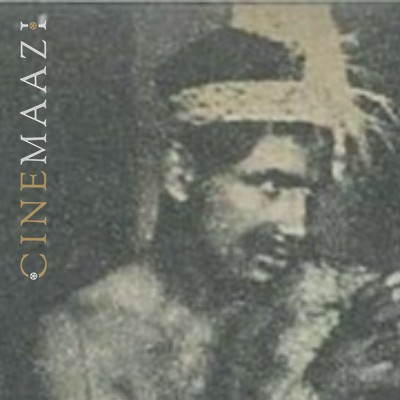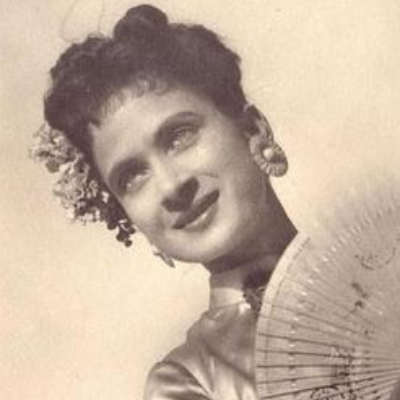Ram Prasad Bismil
Subscribe to read full article
This section is for paid subscribers only. Our subscription is only $37/- for one full year.
You get unlimited access to all paid section and features on the website with this subscription.
Not ready for a full subscription?
You can access this article for $2 , and have it saved to your account for one year.
- Born: 11 June, 1897 (Shahjahanpur)
- Died: 19 December, 1927 (Gorakhpur Jail)
- Primary Cinema: Hindi
- Parents: Moolmati and Murlidhar
Sarfaroshi ki tamanna ab hamare dil mein hai… The creator of these stirring lines, Ram Prasad Bismil was a freedom fighter, and a patriotic poet who wrote in Hindi and Urdu using the pen names Ram, Agyat and Bismil. His poem was used in the 1965 Manoj Kumar film Shaheed on the life of Bhagat Singh. It featured again, with altered lines, as the lyrics for songs in two films, namely the title song of Sarfarosh (1999), and in The Legend of Bhagat Singh (2002), while the poem has also been used in Rang De Basanti (2006), as well as in an abridged form in Anurag Kashyap Gulaal (2009). One of India’s notable revolutionaries who fought British colonialism, Bismil formed the Hindustan Republic Association which soon had leaders like Bhagat Singh and Chandrashekhar Azad. He participated in the Mainpuri in conspiracy of 1918, and the Kakori conspiracy of 1925. Bismil, along with his associates, Ashfaqullah Khan, Thakur Roshan Singh and others, were arrested for the Kakori train dacoity, wherein they looted the Shahjahanpur-Lucknow train. Bismil was known for his powerful patriotic poems in Urdu and Hindi, including 'Man Ki Lahar' and 'Swadeshi Rang'. He also penned his autobiography, considered as one of the finest works in Hindi literature. Participating in the Mainpuri conspiracy of 1918, he also published a pamphlet titled Deshwasiyon ke Naam.
Ram Prasad Bismil was born 11 June, 1897, in a village in UP’s Shahjahanpur. Learning Hindi from his father at home and Urdu from a moulvi, he studied in an English-language school. Joining the Arya Samaj in Shahjahanpur, he displayed a talent for penning patriotic poetry. Anguished by the death sentence passed on Bhai Parmanand, he penned the Hindi poem, Mera Janm which showed his commitment to rid India of British control.
Bismil went on to form a revolutionary organisation called Matrivedi meaning Altar of the Motherland, to organise youths to increase support for their mission. Part of the looting organised to collect funds, a criminal case was filed against him and others, in the Mainpuri Conspiracy. Absconding, Bismil produced several books including a collection of poems written by him and others, titled Man Ki Lahar. He also translated two works from Bengali (Bolshevikon Ki Kartoot and Yogik Sadhan) and created Catherine or Swadhinta Ki Devi from an English text. These works were largely published using his own resources. His autobiography was published under the title of Kakori Ke Shaheed by Ganesh Shankar Vidyarthi in 1928 from Pratap Press, Cawnpore.
Back in Shahjahanpur after the prisoners in the Mainpuri conspiracy case were freed, Bismil mobilised the youth of United Province for non-co-operation with the government. Inspired by Bismil’s speeches and verses, opposition grew against the British Raj. After Gandhi’s declaration of an immediate stop to the non-cooperation movement, Bismil took leadership of the youth group of a revolutionary party, the Hindustan Republican Association (HRA).
Bismil went on to execute a detailed plan for looting the government treasury carried in a train at Kakori, near Lucknow, on 9 August, 1925, in what came to be known as the Kakori conspiracy. He along with Ashfaqulla Khan, Roshan Singh and Rajendra Nath Lahiri were sentenced to death.
Bismil was hanged on 19 December, 1927 at Gorakhpur Jail. To him goes the credit for immortalising the poem Sarfaroshi Ki Tamanna as a war cry against the British Raj in India.









.jpg)



